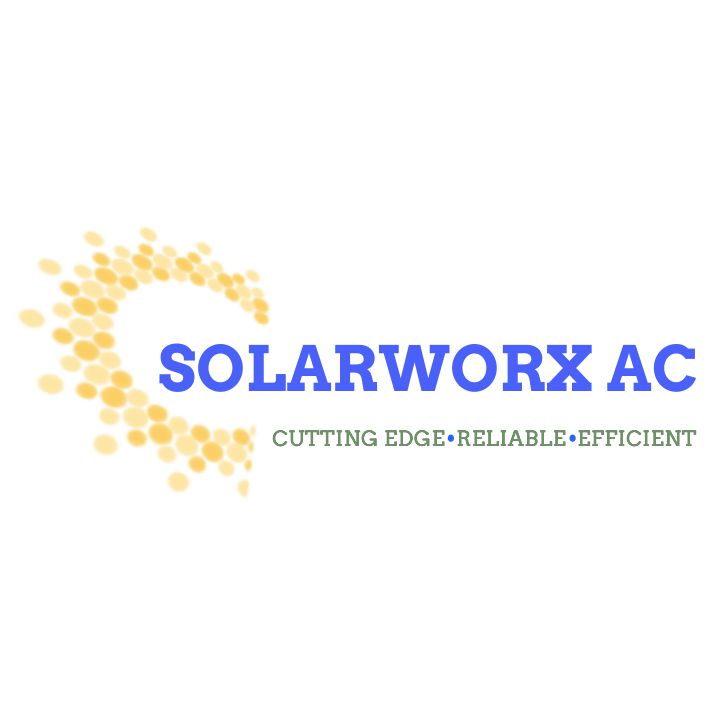
Understanding How Solar Power Works: A Simple Guide
As the world shifts toward more sustainable energy sources, solar power has become a popular solution. But how exactly does solar power work? In this blog post, we’ll break down the process of how sunlight is turned into usable electricity for homes and businesses using photovoltaic (PV) panels.
1. The Role of Solar Panels: Absorbing Sunlight
At the heart of solar power systems are solar panels, also known as photovoltaic (PV) panels. These panels are made up of many smaller units called solar cells. When sunlight hits these cells, it triggers a process called the photovoltaic effect, where light energy is converted into electrical energy. This process results in the generation of direct current (DC) electricity.
2. From DC to AC: The Power of Inverters
The electricity generated by solar panels is in the form of direct current (DC), which is not suitable for most household appliances. To make it usable, the DC electricity must be converted into alternating current (AC), the type of electricity that powers most electrical devices.
This conversion happens through a solar inverter. The inverter’s job is to change the DC power from the solar panels into AC power, which can then be used to power everything from lights and fans to refrigerators and electronics in your home or business.
3. Powering Your Home or Business
Once the DC is converted into AC by the inverter, it flows into your electrical panel, which distributes the power throughout your property. Any extra energy that your system produces (that isn’t used immediately) can be stored in batteries or sent back to the grid, depending on the setup of your solar system.
4. Benefits of Solar Power
- Sustainability: Solar power is a clean, renewable energy source. It doesn’t emit harmful greenhouse gases like fossil fuels, helping to combat climate change.
- Cost Savings: By harnessing the sun’s energy, you can significantly reduce your electricity bills. In many cases, homeowners and businesses can even sell excess power back to the grid, earning credits or money.
- Energy Independence: Solar power provides a way to generate your own electricity, reducing reliance on the grid and external power suppliers.
5. Why Go Solar?
Choosing solar power isn’t just about reducing your electricity bill; it’s about contributing to a greener, more sustainable future. With advancements in technology, solar panels have become more efficient and affordable, making solar energy an accessible option for more people than ever before.
By switching to solar power, you’re not just investing in your home or business, but also in the health of our planet.
Conclusion
Solar power works by converting sunlight into electricity through the use of photovoltaic panels and inverters. It’s a simple yet effective system that helps reduce electricity costs, promotes sustainability, and provides a clean energy source for homes and businesses alike. As the world continues to prioritize clean energy solutions, solar power is poised to play an even more significant role in shaping a greener, more sustainable future.
If you’re considering making the switch to solar power, now is a great time to learn more about how you can take advantage of this innovative technology and reduce your carbon footprint.

